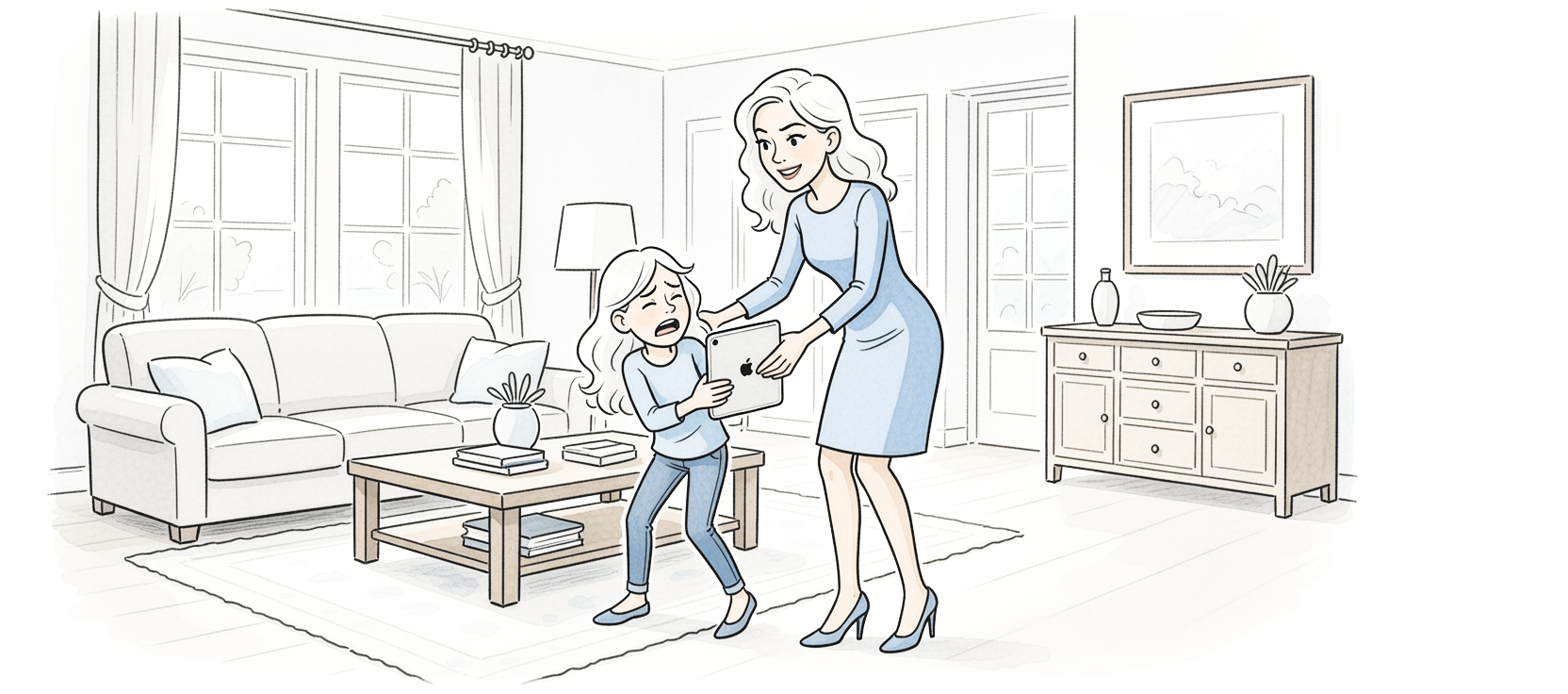“Parents and teachers do far more to oppress children than the laws do, and could perfectly legally desist from most of this oppression if they so chose. There is no legal requirement to assault children, yet, in the name of discipline, many parents do so. There is no legal requirement to deny children access to information in the home, yet many parents do. There is no legal requirement upon parents to subject unwilling children to extra-curricular activities such as piano lessons, but many do. Indeed, there is no legal requirement for parents to force their children to go to school, yet most do.”
– Sarah Fitz-Claridge
From the archives: 1991
The Effects Of Government Policies On Children: An Overview
Abstract
I shall argue that age-specific laws tend to harm children rather than protect them, but that this is only a small part of the problem. Most oppression is not a result of government policies but of prevailing social, educational and parental ideas and practices.
It is usually taken for granted that the best way to protect children, both in law and in education, is to override their wishes for their own good, for instance by preventing them from doing things that they may regret later. I shall criticise this assumption. I shall argue that while such policies are intended to protect children, the effect is to oppress them, and that any policy whose effect is to disregard children’s wishes in regard to their own lives, is likely to harm children. I shall refute the argument that children should be legally incompetent because they cannot give meaningful consent: adults are legally competent if they know what they want, but that criterion is not applied to children. If the terms “competence” and “consent” are used in a consistent way for adults and children, the argument that children are incompetent collapses. Thus, the argument that children are less than full human beings who, in contrast to adults, need to be protected from their own incompetence, will be shown to be circular. I shall elucidate some implications for future government policy changes: changes whose effect is to decrease children’s autonomy under the law in the name of “protection” are undesirable. Current legal discrimination against children includes child labour laws, antitruancy measures, the fact that children are not permitted legally to make contracts, and the fact that they do not have the legal right to choose where to live. Indeed, children are excluded from many legal rights adults take for granted, such as the right not to be assaulted. I shall outline the social, psychological, economic, and educational ill-effects of these laws. Moreover, I shall refute the idea that it is impossible in principle to conceive of a legal system that offers children the necessary protection whilst giving them the same legal rights as adults.
Proposed legal changes must be analysed in the light of the Popperian idea that political actions are likely to have unintended consequences because future knowledge is impossible to predict. The more dramatic the changes, the more unintended consequences there are likely to be. This suggests that those institutions which evolve in the direction of respecting individual children’s wishes are likely to empower children, but that sudden, utopian changes in the law may, given the existing power imbalance between adults and children, be very harmful to children. I shall give examples to illustrate this.
I shall argue that real changes in society are rarely caused by political change or legislation, but that rather, they are caused by shifts in attitudes at the individual level. The harm done by government policies is undeniable, but it is nevertheless only a small part of the problem. Most oppression of children has nothing to do with government policies. It is a result of ideas (conscious and unconscious) that are prevalent our society. Adults, particularly parents and teachers, do far more to oppress children than the laws do, and could perfectly legally desist from most of this oppression if they so chose. There is no legal requirement upon parents to punish their children for a wide range of perfectly legal activities, yet they choose to anyway. There is no legal requirement upon parents to insist that their children live with them, and yet parents whose children seek other guardians usually invoke their legal right to force the children to return. There is no legal requirement to deny children freedom of association, and yet many parents do deny their children that. There is no legal requirement to assault children, yet, in the name of discipline, many parents do so. There is no legal requirement to deny children access to information in the home, yet many parents go to extreme lengths to do so. There is no legal requirement upon parents to subject unwilling children to extra-curricular activities such as piano lessons and Girl Guides. Indeed, there is no legal requirement for parents to force their children to go to school, yet most do. There are not even specific requirements for the education children must receive, and yet some parents force their children to jump through a variety of educational hoops.
Similarly, there is nothing in the law that suggests that teachers should treat their pupils with disrespect. The law does not insist that children should be given homework, or that parents should make them complete it when they would rather be doing something else. It is not the law that causes parents and teachers to put children in double binds to manipulate them into doing the adults’ will.
I shall examine critically the prevailing arguments for these types of coercion, and suggest an alternative approach based upon consent.
In summary, I believe that we must understand the effect of government policies in the wider context of the comprehensive social, educational, economic and political disempowerment of children.
See also:
Sarah Fitz-Claridge, 1991, ‘The social, educational, economic and political oppression of children’, https://takingchildrenseriously.com/the-social-educational-economic-and-political-oppression-of-children/
